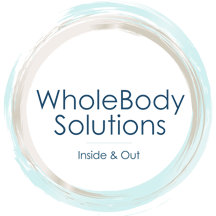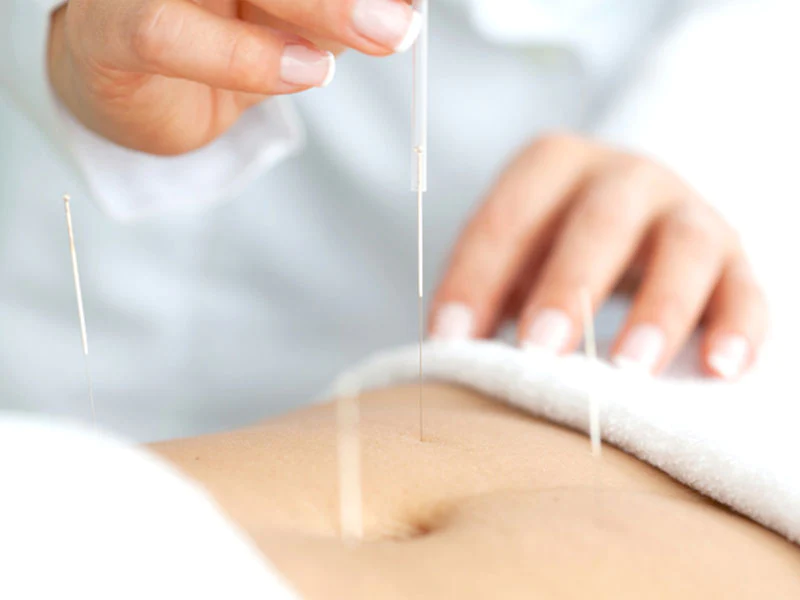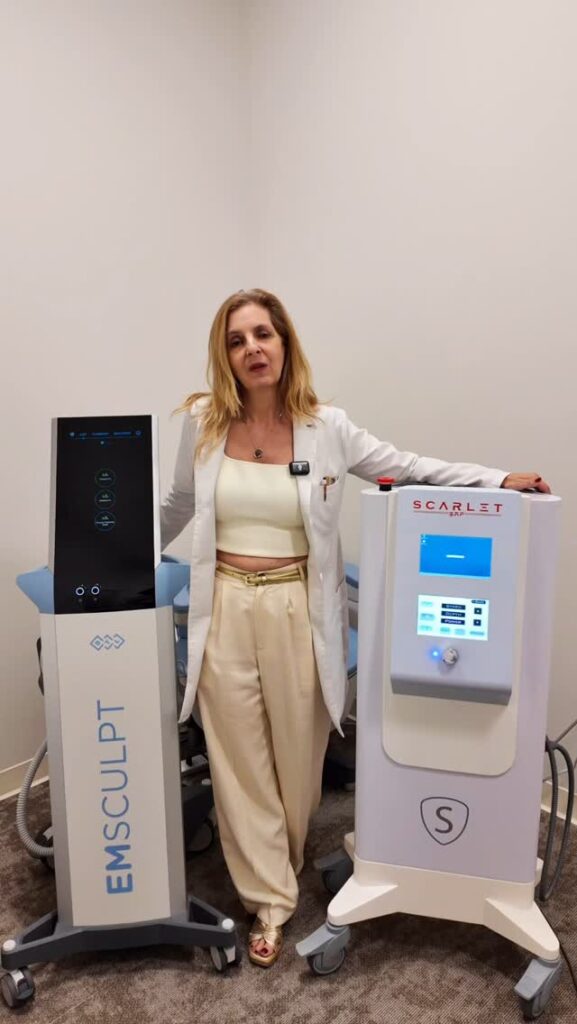Acupuncture may just be what’s needed to enhance a fertility treatment’s chances of success. This was the finding of a Tel Aviv University study in 2012, which showed that around 65.5% of subjects who received both IntraUrine Insemination (IUI) and Traditional Chinese Medicine (TCM), incorporating acupuncture and herbal preparations, were able to conceive. On the other hand, only 39.4% of the subjects who received IUI treatments without TCM had successful pregnancies.
How does Acupuncture increase Fertility?
Acupuncture involves inserting fine sterile needles into known points near the body’s surface to allow the body’s energy, known as Qi, to flow freely along a grid of pathways, known as meridians. This can result in several health benefits that can aid fertility, including:
- Reducing stress
Stress has been found to significantly affect fertility among men and women. It releases the hormone, cortisone, in the brain, which leads to the disruption of the body’s hormonal balance.In women, this affects the proper functioning of the pituitary gland, an essential component of the reproductive cycle, and its balance with the hypothalamus and the ovaries. The imbalance hampers egg production and ovulation.
Stress can also cause the fallopian tubes and the ovaries to shake, which can disrupt the normal movement and implantation of a fertilized egg.
Among men, stress can negatively affect sperm production and motility, and may cause impotence.
Acupuncture and the right medicinal herbs can help restore the body’s hormonal balance and improve circulation, thus avoiding the effects of stress on both male and female fertility.
- Improving the condition of the uterus lining
A weak uterus may not be able to sustain a pregnancy, leading to a miscarriage. Acupuncture can help improve the flow of blood to the reproductive area, which can then help the uterus lining absorb the nutrients it needs to be stronger and hold onto a fertilized egg. - Addressing hormonal imbalance
The most common cause of infertility among women is a hormonal imbalance, which prevents the release of mature eggs from the ovary. It can also hinder the production of progesterone, making it difficult for an embryo or fetus to attach to the uterus. A hormonal imbalance can also trigger high levels of prolactin, the hormone responsible for breast milk production, which can also stop ovulation.A similar hormonal imbalance among males can also result in infertility.
By correcting hormonal imbalances, acupuncture can improve the chances of pregnancy.
When is acupuncture not the answer?
Acupuncture cannot address such problems as blocked fallopian tubes or fibroid tumors on the uterus, both of which can prevent pregnancy. However, acupuncture can still help improve ovarian and follicular functions, as well as the condition of the uterus lining.
If you are nearing or over 40 years old, acupuncture may also not be the answer to fertility issues.
How long should acupuncture treatments last?
It’s ideal to carry on with acupuncture treatments until the 12th week of the pregnancy, as miscarriages often take place within the first 3 months. However, acupuncture can also help in alleviating some of the side effects of pregnancy, such as morning sickness, lower back pains, insomnia and anxiety. Continued acupuncture treatments can help women enjoy a more relaxed and comfortable pregnancy.
Visit our Acupuncture Options page to read about Acupuncture, details on the programs and pricing from WholeBody Solutions, your Acupuncture Professional.


 Opened more than 30-years ago by Dr. Ann Doggett, WholeBody Solutions is a holistic wellness center whose mission is to provide the community with safe, effective, and natural answers to health and wellness concerns. Our all-encompassing wellness center focuses on the following drug-free services: Nutrition, Chiropractic, Acupuncture, and Weight Loss. Our goal is quite simple – to make sick people well and to keep healthy people healthy. It’s that simple and that powerful.
Opened more than 30-years ago by Dr. Ann Doggett, WholeBody Solutions is a holistic wellness center whose mission is to provide the community with safe, effective, and natural answers to health and wellness concerns. Our all-encompassing wellness center focuses on the following drug-free services: Nutrition, Chiropractic, Acupuncture, and Weight Loss. Our goal is quite simple – to make sick people well and to keep healthy people healthy. It’s that simple and that powerful.

